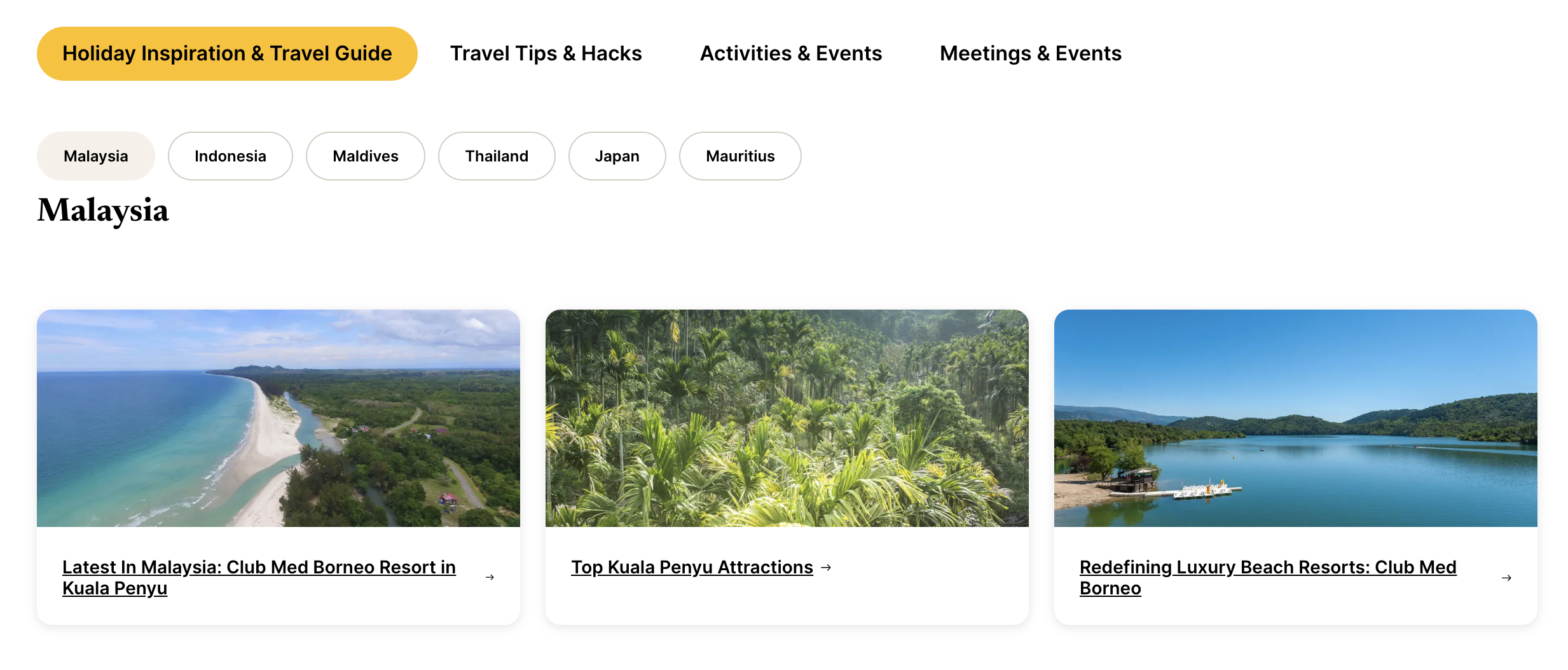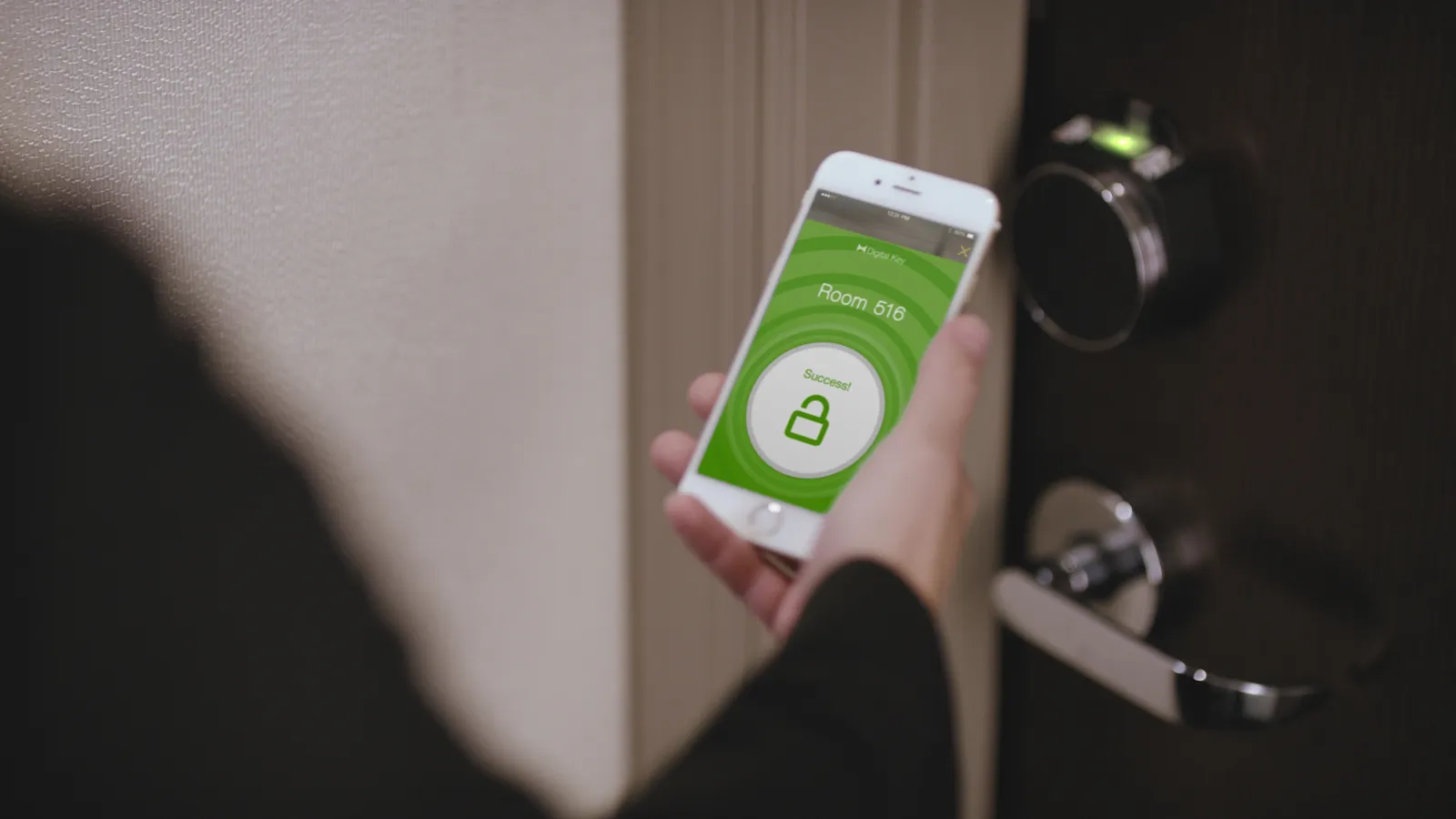Evolving Customer Preferences & Trends
The hospitality industry is constantly evolving, driven by shifting consumer preferences and emerging trends. Nowadays, guests expect a seamless and personalized experience more than simply a place to sleep when they search for a hotel. Besides, they prefer flexibility in booking and cancellation procedures in the face of unanticipated situations, such as the COVID-19 pandemic. Hotels that provide flexible alternatives for reservation adjustments and cancellations tend to receive more booking.
Ten years ago, phone reservations were a common practice, with guests calling hotels directly to inquire about availability and make bookings. Many consumers also booked directly through hotel websites, especially those loyal to specific hotel chains, taking advantage of loyalty programs and member-exclusive deals. While personalized experiences were appreciated, they were not as prevalent or sophisticated as they are today.
In contrast to a decade ago, consumers rely heavily on digital platforms and online channels for their travel planning and booking needs. Online travel agencies (OTAs) like Booking.com, Expedia, and Airbnb have become dominant players in the market, offering travelers a wide range of options and convenient booking processes. Mobile apps have also revolutionized the way consumers interact with hospitality businesses, allowing for seamless bookings, mobile check-ins, and access to personalized recommendations. Consumer behavior in the hospitality industry has evolved to be more digital-centric, experiential, and socially conscious in the present day.
Adoption of Digital Marketing Strategies
In response to shifting customer preferences and technology breakthroughs, the hospitality industry has been integrating digital marketing approaches in order to connect and interact with guests throughout every stage. A Google study discovered that hotels that used digital marketing had a 70% boost in bookings over those that did not. If you are looking to stay competitive in today’s fast changing hospitality industry, the adoption of digital marketing strategies is now essential. Digital marketing enables hotels to leverage various online platforms to reach your target audience. By utilizing social media, search engines, email marketing and more, you can effectively engage with travelers and provide personalized experiences tailored to their preferences.
Managing Online Presence
Managing online presence is more crucial than ever for your hotel. In today’s digital age, the vast majority of travelers use the internet to research and book accommodations. By maintaining an active online presence, hotels can increase their visibility and reach a wider audience of potential guests who are actively searching for accommodations.
Before guests even consider booking a hotel or resort, they’re more likely to turn to online reviews for reassurance. 81% of travelers rely on hotel reviews to make decisions, showing the importance of managing reputation for hotels (Source: Tripadvisor). These reviews serve as the initial touchpoint for potential guests that directly influence their booking decisions. Potential guests will rely on experiences and opinions shared by previous visitors to gauge the level of service, amenities, and overall guest satisfaction. Positive reviews serve as a beacon of assurance, instilling confidence in potential guests and positioning your hotel as a trusted choice in the competitive hospitality market. It not only attracts potential guests but also fosters trust and loyalty among existing and future patrons. Guests are more likely to choose a hotel with a stellar reputation over competitors with lesser-known or negative reviews.
What Should You Do ?
1. Encourage and Respond to Reviews
Ask guests to leave reviews after their stay. You can do this via email follow-up or at checkout. Your next step is to respond promptly to all reviews, whether positive or negative, showing your commitment to guest feedback and satisfaction.
2. Address Negative Feedback Proactively
Turn negative reviews into opportunities for improvement by addressing guest concerns promptly and constructively. Be sincere to apologize for any shortcomings, offer solutions or compensation where appropriate, and demonstrate a genuine desire to rectify the situation.

User-Generated Content
A quick question: Do you believe user-generated content impacts your perception of a brand compared to traditional marketing materials?
Yes, absolutely. Unlike traditional marketing messages, UGC is perceived as more authentic and trustworthy by consumers. Based on the statistics from Insider Intelligence, 79% of consumers say user-generated content highly impacts purchasing decisions. Testimonials shared by consumers give an overview of the hotel’s services that influences potential guests’ perceptions and decisions. While planning for a trip, UGC provides consumers with valuable information and inspiration. Users will rely on UGC to discover hidden gems, explore unique experiences and opportunities in destinations, hotels or activities.
Let’s See How Airbnb Leverages UGC in Marketing Strategy
Airbnb, a well-known vacation rental company, relies heavily on UGC to showcase its unique accommodations worldwide. Travelers share their incredible travel stories and amazing Airbnb stays. These are not simply ads but also real and relevant content of travel experiences. By doing so, Airbnb creates a sense of trust and encourages more bookings from potential travelers. Travelers are not only inspired by the stunning photos and captivating descriptions but also reassured by the genuine reviews and testimonials from the guests. Airbnb’s campaign, inspired by real-life travel stories, has built a thriving community of hosts and guests and established itself as a leading player in the global travel industry.

Integration of Content Marketing
Content marketing has emerged as a powerful tool in the hospitality industry to engage with travelers and inspire them to explore new destinations. Rather than focusing on short-term sales, building a long term relationship with travelers is a more meaningful task.
The Needs of Content Marketing
Travelers often start their journey with their desired location in mind—a place that captures their imagination. Once travelers have chosen their dream destination, they seek out information about the destination’s attractions, activities, accommodations, and local culture. Through content marketing, it provides comprehensive guides, insider tips, and local recommendations to help travelers plan their itineraries and make informed decisions about where to stay, what to do, and where to eat. It can be viewed as value-added guides for travelers.
Club Med – Crafting Experiences, Inspiring Journeys
Club Med, a renowned resort chain known for its all-inclusive vacation packages in exotic locations around the world. They produce engaging content that encourages tourists to discover new places and plan amazing trips, for example the best time to visit Bali, what to do in Bali and where to eat in Bali. Also, they provide informative destination guides and travel tips to help travelers plan their vacations effectively. From insider tips on the best time to visit each destination to recommendations for must-see attractions and activities, Club Med’s content educates and empowers travelers, positioning the brand as a trusted resource for vacation planning.

The Power of Mobile Technology
The Increasing Use of Mobile Devices
Mobile devices have become an indispensable tool for travelers, shaping the way they research, plan, and experience their trips. Travelers rely on their smartphones and tablets to search for accommodations, compare prices, and make bookings while on the go. The convenience and accessibility of mobile booking platforms have made it easier than ever for travelers to plan their trips anytime, anywhere. Other than that, travelers use their mobile devices to access valuable information about their destination, including maps, directions, local attractions, and dining options. Mobile apps and websites provide travelers with essential information to enhance their travel experience and explore their surroundings.
Redefine Hospitality with Mobile Technology
Mobile App Development
A dedicated mobile app offers guests convenient access to essential hotel services and information. By taking full advantage of mobile technology, you may include room keyless entry, dining reservations, spa bookings, concierge services, and loyalty program management just in one application.
Mobile Friendly Website
Ensure that your hotel website is optimized for mobile devices, providing a seamless browsing experience for users on smartphones and tablets. Mobile-friendly websites should feature responsive design, fast loading times, easy navigation, and clear calls-to-action to encourage bookings and engagement.
Digital Check In & Check Out
Implement mobile check-in and check-out capabilities to streamline the arrival and departure process for guests. This allows guests to complete these tasks remotely through your mobile app, reducing wait times and enhancing the overall guest experience.
Hilton’s Mobile Technology Revolution
Hilton has integrated mobile technology extensively into its operations, which is a comprehensive mobile app called Hilton Honors. This powerful tool empowers guests to take control of their stay right from their smartphones. The days of waiting in long check-in lines are far behind – with the Hilton Honors app, guests can breeze through the entire check-in process, choose their room, and even unlock their door using their mobile device. What sets Hilton apart is its commitment to delivering personalized experiences tailored to each guest’s preferences. Through the Hilton Honors app, guests receive curated recommendations for nearby attractions, dining options, and activities based on their interests. Moreover, real-time communication features enable guests to make requests, report issues, and receive assistance promptly – all at the touch of a button. By leveraging the power of mobile apps, Hilton is not only streamlining operations and enhancing guest satisfaction but also setting new standards for convenience and personalization.

Email Marketing
In today’s fast-paced world, the hospitality industry is constantly evolving to meet the needs and expectations of travelers. As hotels strive to provide exceptional guest experiences, one tool has emerged as a powerful ally: email marketing. The use of email marketing is a cost-effective way of promoting hotel offers and driving hotel reservations compared to traditional advertising channels. It offers a high return on investment for hotels with minimal overhead costs to maximize your marketing budgets. By delivering valuable content, updates, and promotions directly to subscribers’ inboxes, hotels can strengthen their brand presence and cultivate a loyal customer base over time.
How to Get Started with Email Marketing ?
Email marketing is not just about sending out messages to your subscribers; it’s about creating meaningful connections, driving engagement, and ultimately, generating results for your business. With the right strategies and tools in place, it can be a powerful tool for reaching your audience, nurturing leads, and driving conversions.
- Compelling Subject Lines & Email Content
Craft captivating subject lines in your emails that make readers want to open them and find out more. Curiosity, urgency, and captivating language are effective ways to spark attention and promote participation. In terms of your content, a good way to keep your audience engaged is to showcase your hotel’s unique selling point, emphasizing what makes you stand out in the market.
- Personalization
Personalization is key. Your email content should tailor to the preferences and interests of individual recipients by leveraging data such as past booking history, demographics, and browsing behavior to deliver personalized recommendations and offers. This makes the offers more relevant and appealing to them, increasing the likelihood that they will take advantage of the promotion.
- Call-to-Action (CTA)
You may include a clear and prominent call-to-action (CTA) in every email, guiding recipients to take the desired action, whether it’s booking a stay, exploring special offers, or signing up for a loyalty program.
- A/B Test
A/B testing is a method of crafting two versions of email content and testing different aspects to figure out which one performs better. To determine what resonates most with your audience, try various subject lines, images, and calls to action. This allows you to optimize your efforts in order to increase engagement and conversions.

Final Thoughts
In this digital age, hotels aren’t just destinations; they’re portals to boundless experiences. Every click, every scroll, is an invitation to discover the allure of luxury, the warmth of hospitality, and the promise of unforgettable moments. There’s no time to lose, you should start figure out your strategies!


